At the very top of an official Maserati document that explains how and why the company aims to lift its sales fivefold to 75,000 units by 2018, there’s a bold new strapline that shows how this rejuvenated Italian marque believes it should be regarded. Maserati, which turns 100 today, claims it is “the absolute opposite of ordinary”.
As we sit in his bare office, surrounded by the hubbub of the Paris motor show, it occurs to me that this description could just as easily be applied to the company’s boss of the past six years, Harald Wester, as to the six-model Maserati range that he is constructing – because this softly spoken engineer breaks most of the rules that make a typical Italian car industry boss.
Wester is German, not Italian. He is a qualified engineer, and a lifelong lover of fine engineering, who cut his teeth working on some of Volkswagen’s key conceptual projects, well away from the Volkswagen Golf-Volkswagen Polo-Volkswagen Passat mainstream.
In his early 40s, he changed companies and countries to spend all but two of the subsequent 15 years helping to make better Fiat Group cars in every niche and price, rapidly climbing the greasy management pole in the process.
Unlike many other able managers, Wester has retained the respect and support of Sergio Marchionne, the mercurial chief of the Fiat-Chrysler group (or FCA, as it is now known) who is well known for quick and ruthless management changes if the mood takes him.
Wester’s steadiness and dependable car making skills in such a tough environment have rapidly increased his influence: since the Maserati appointment in August 2008, he has taken the reins at both Abarth (2009) and Alfa Romeo (2010). This, he says, is enough to be going on with.
At Maserati, Wester can now cite impressive successes. It may only be a small contribution to FCA’s hoped-for sales jump from 4.4 million to 7m sales by 2018 – sixth position in world manufacturing terms – but Maserati’s projected volume of 35,000 this year will more than double last year’s already increased tally.
Volume is looking good for 50,000 units next year, after which the planned SUV, the Levante, will hit showrooms at a volume tipped to exceed 25,000 units. Given all this, the 75,000 target is looking relatively safe, in Fiat terms at least.
Not that Wester would think of making such boasts. He is a compact man of 56, with a friendly face, amused eyes, a well-developed sense of humour and a fine line in quick ripostes. He relies on his listeners’ perception of an intelligent approach to earn their respect, rather than a loud voice and a lot of bombast.
If his reputation among his peers is any guide, it works very well. “Harald is a very clever bloke,” says one European contemporary. “He knows how to build good cars quickly but, most of all, he stays calm and clear-headed when the explosions are going off. That’s a major asset these days.”
Although I suspect that Wester wouldn’t disagree with the last part of that assessment, when I ask him to spell out the future relationship between Maserati and Alfa Romeo – previously presumed to be very close – he defines the need for clear thinking much more formally for my notebook.

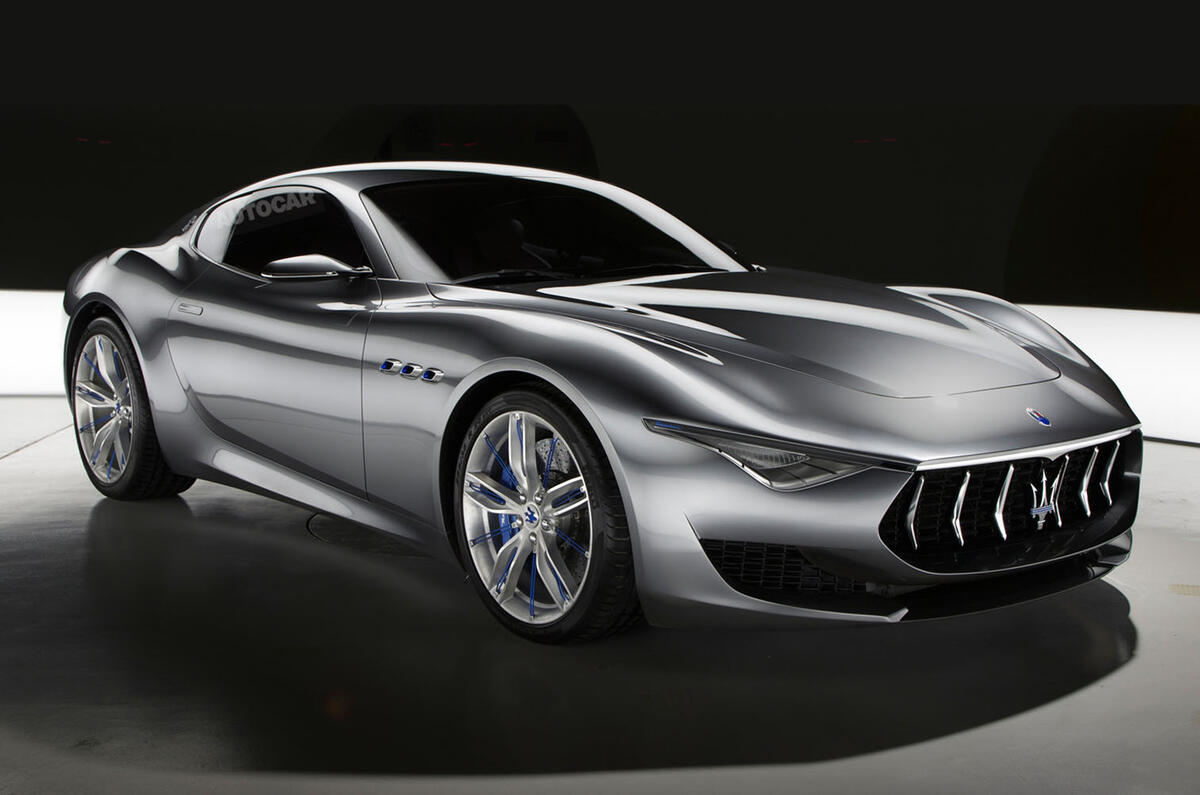
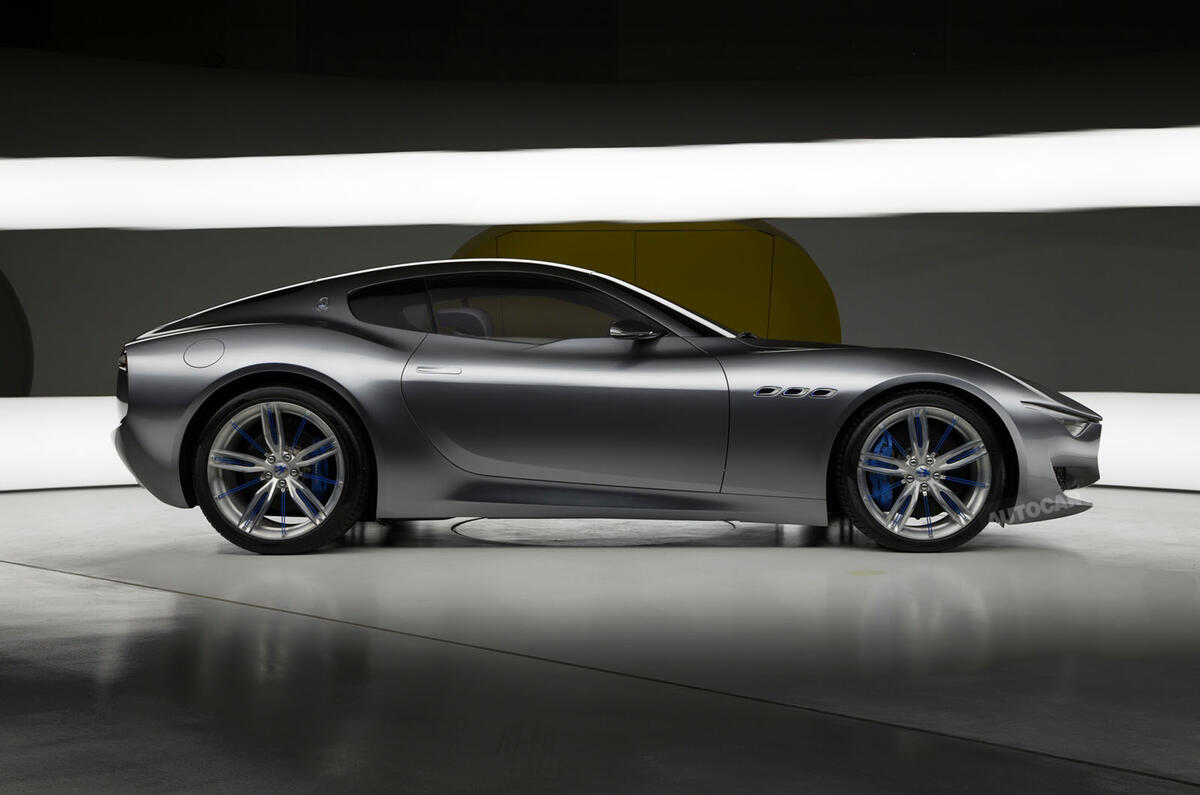
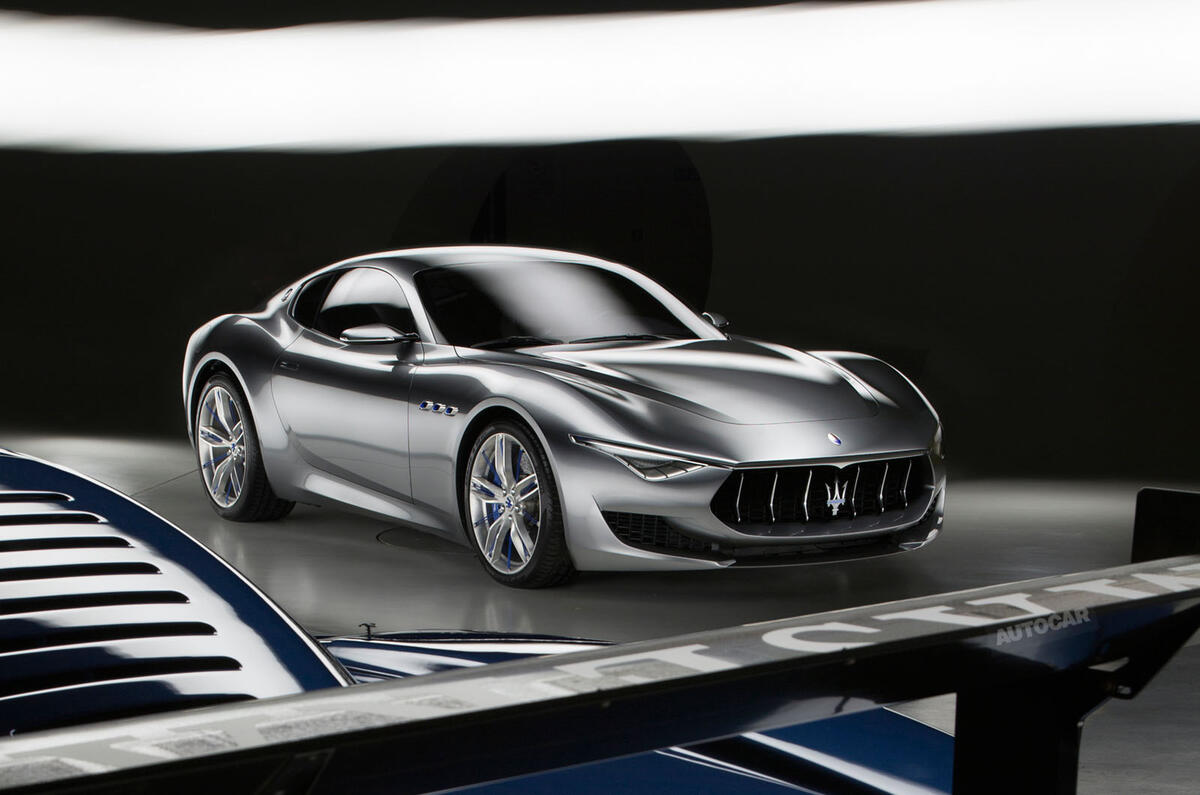
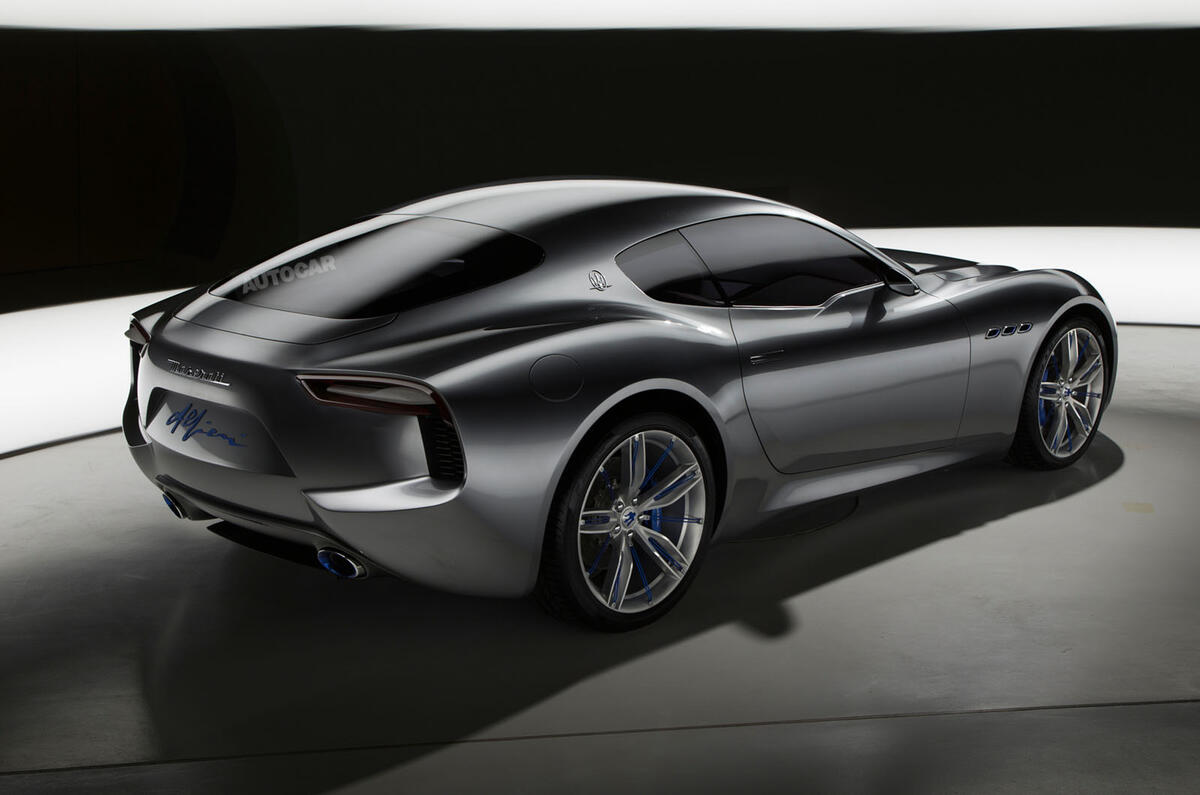
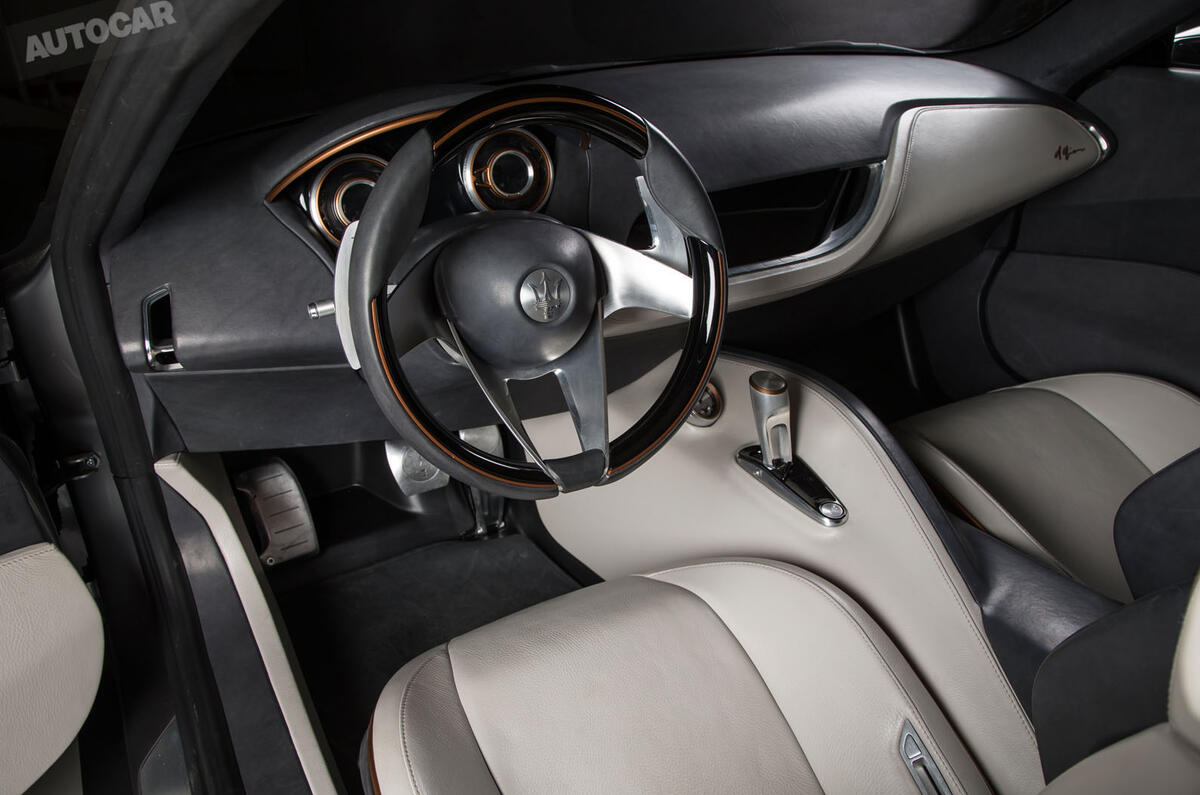
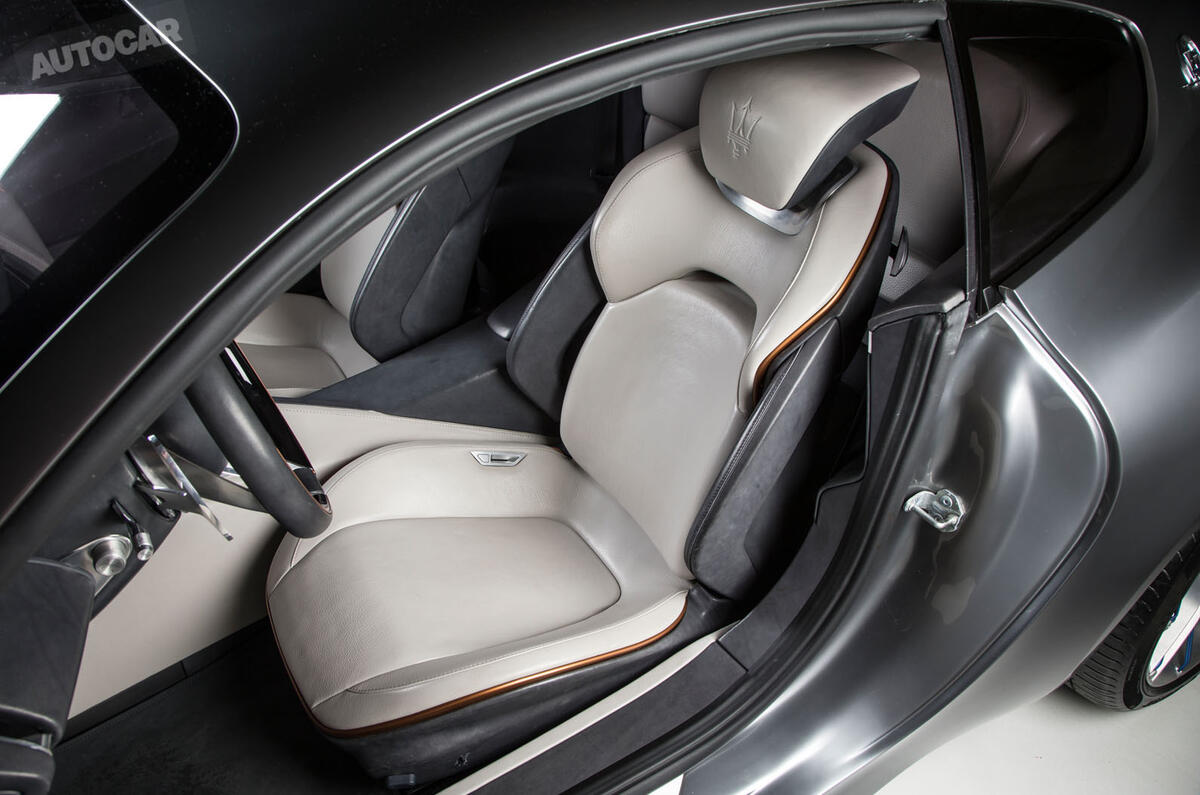
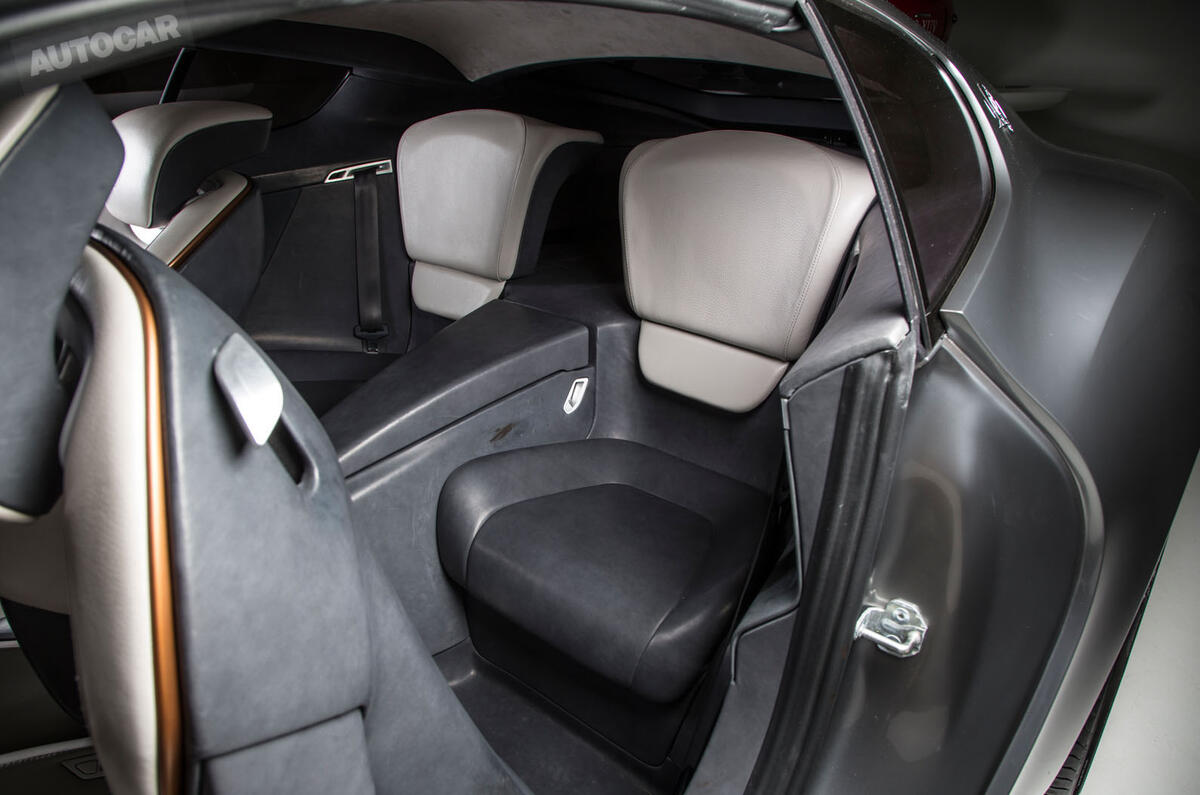
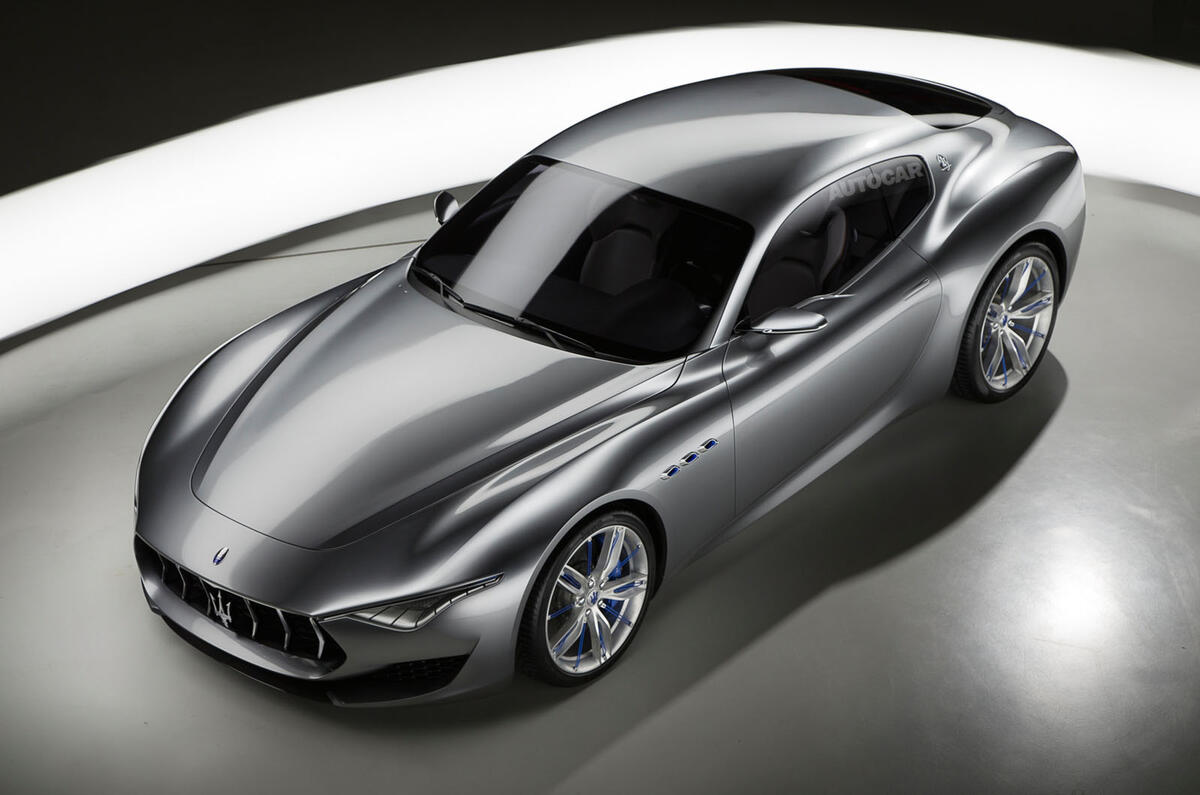
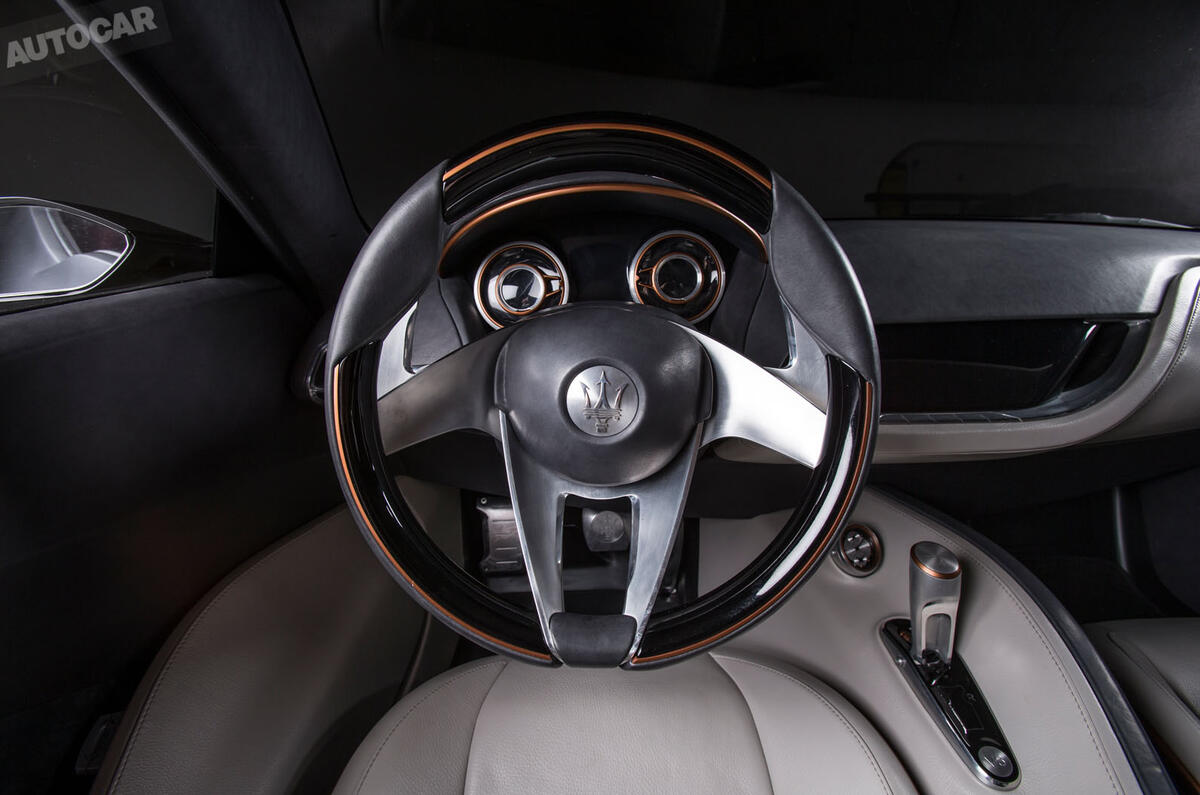
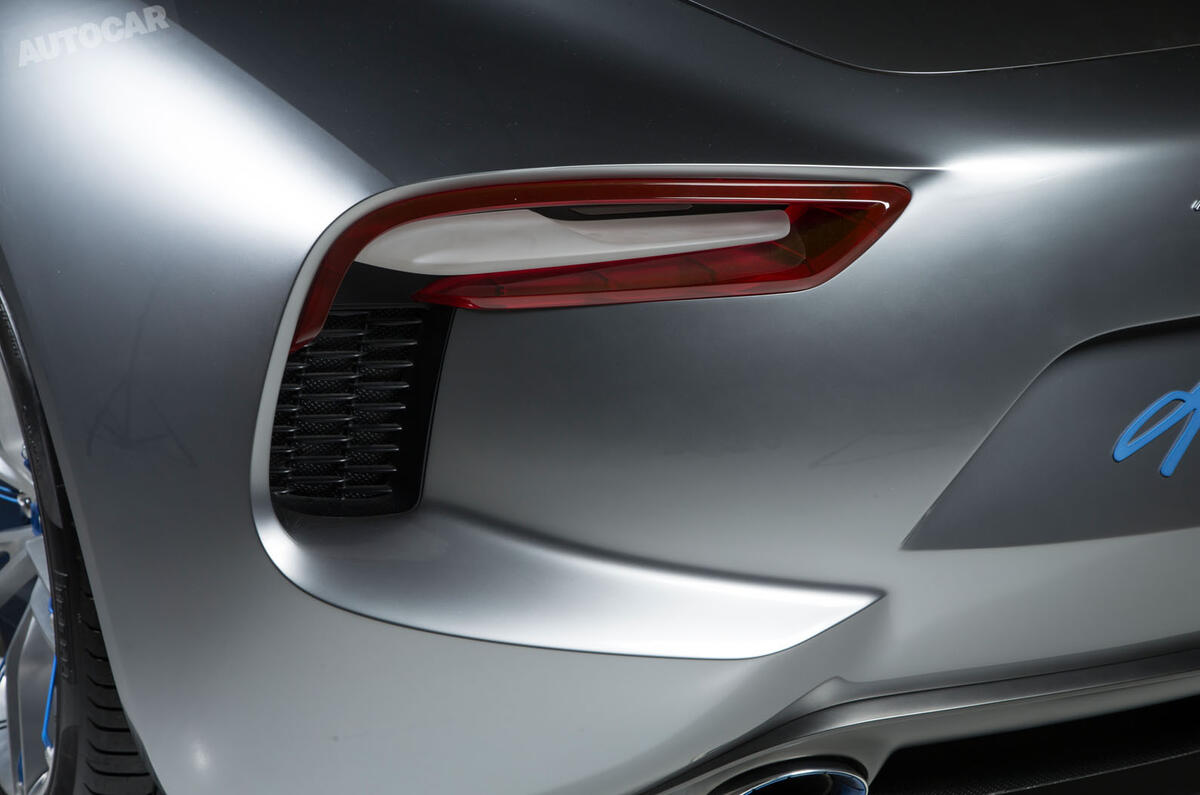
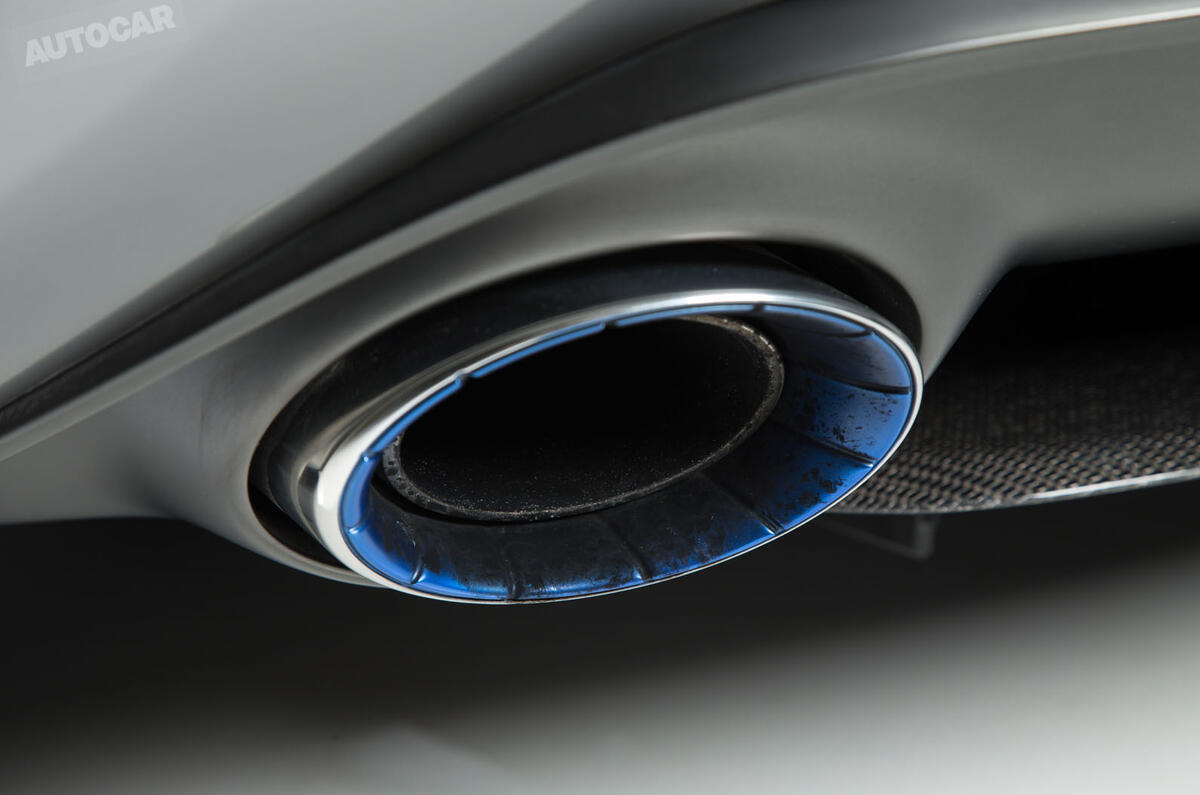
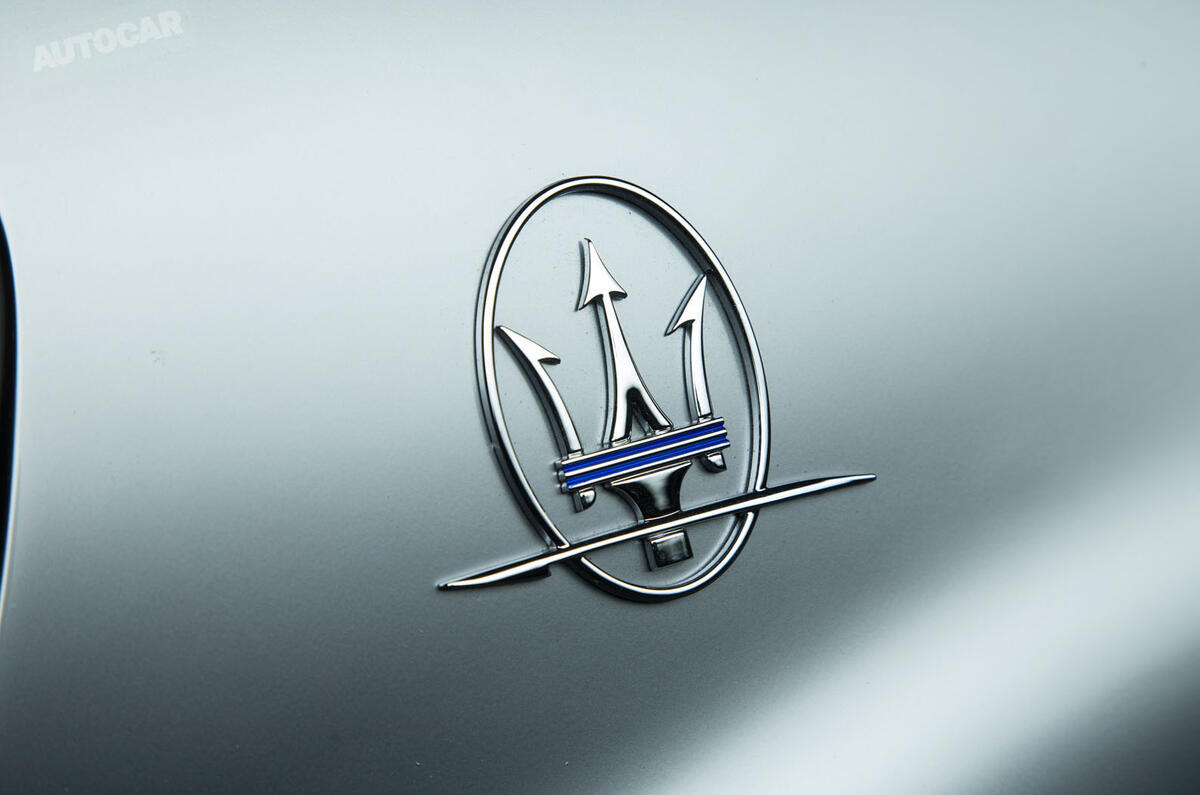
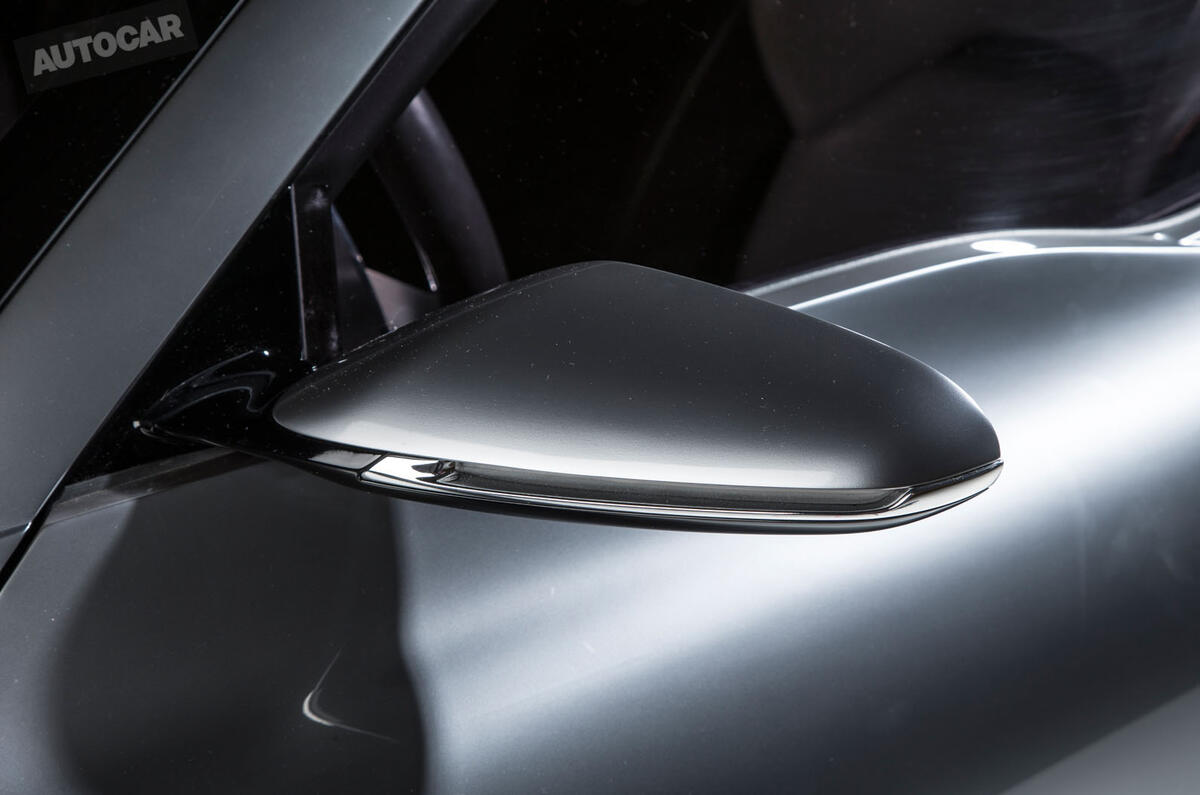
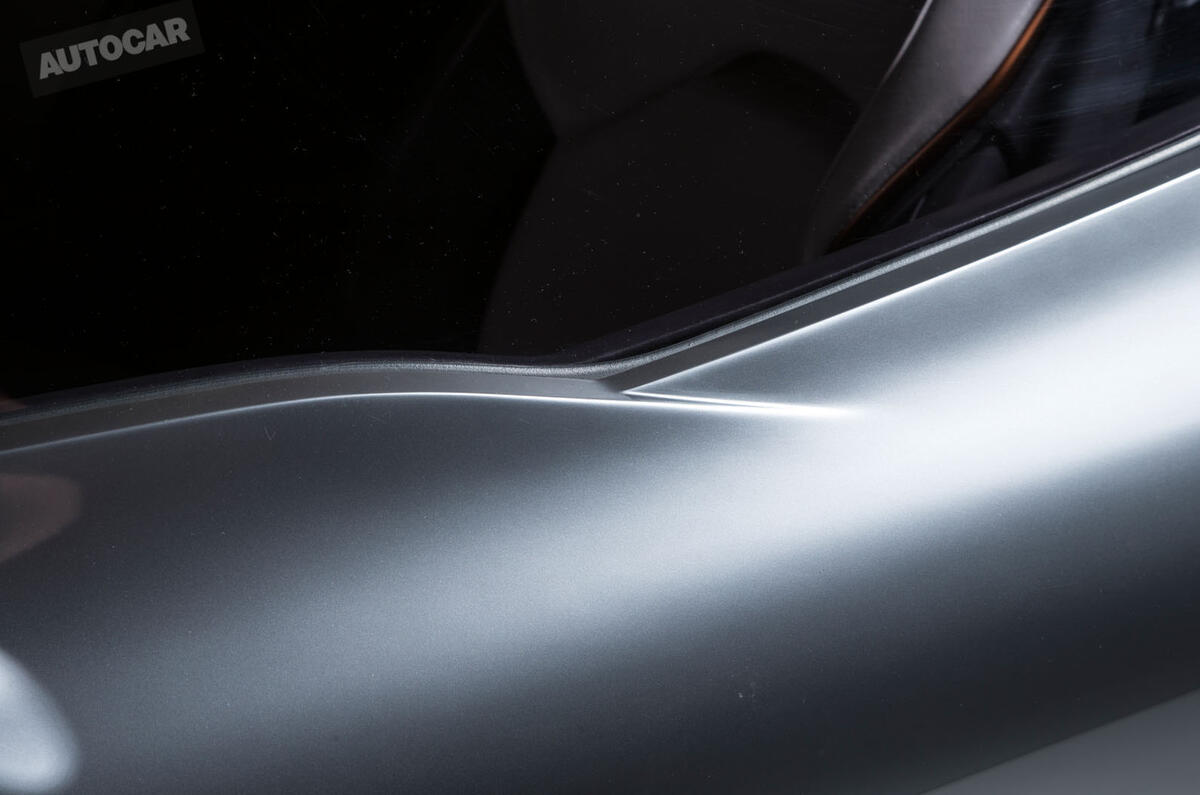
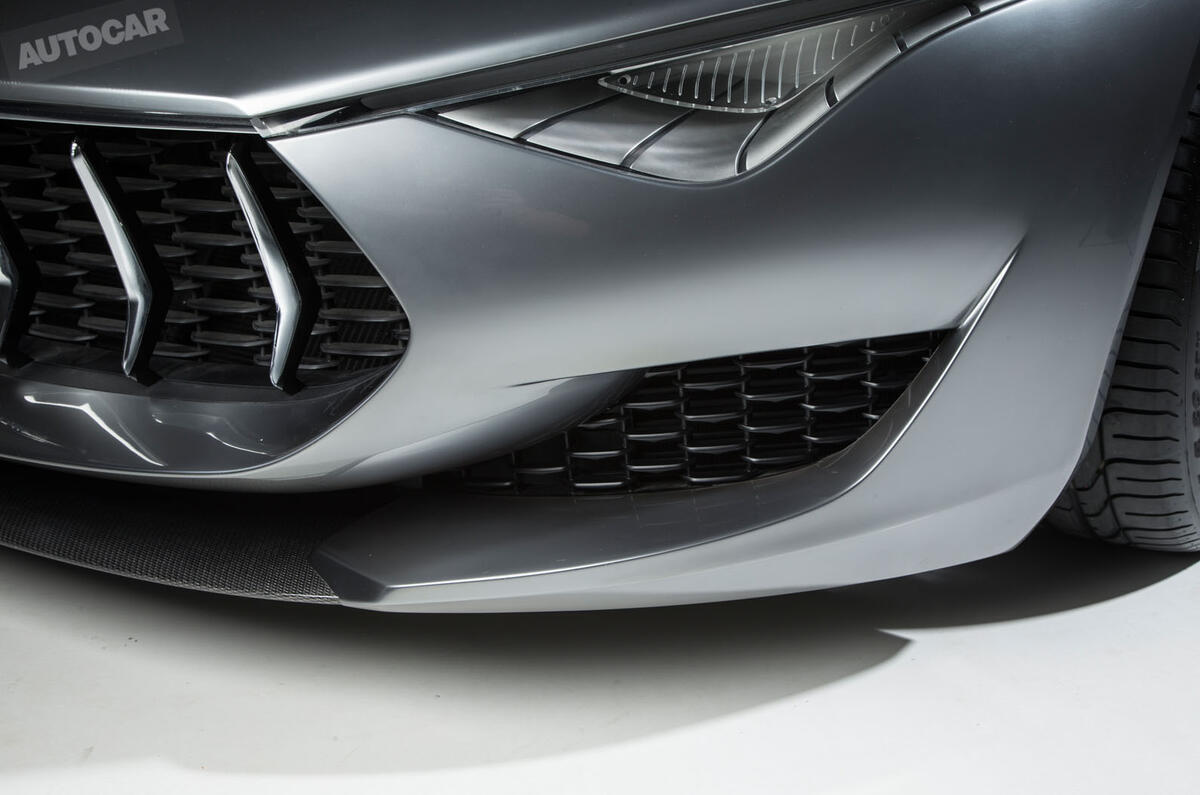
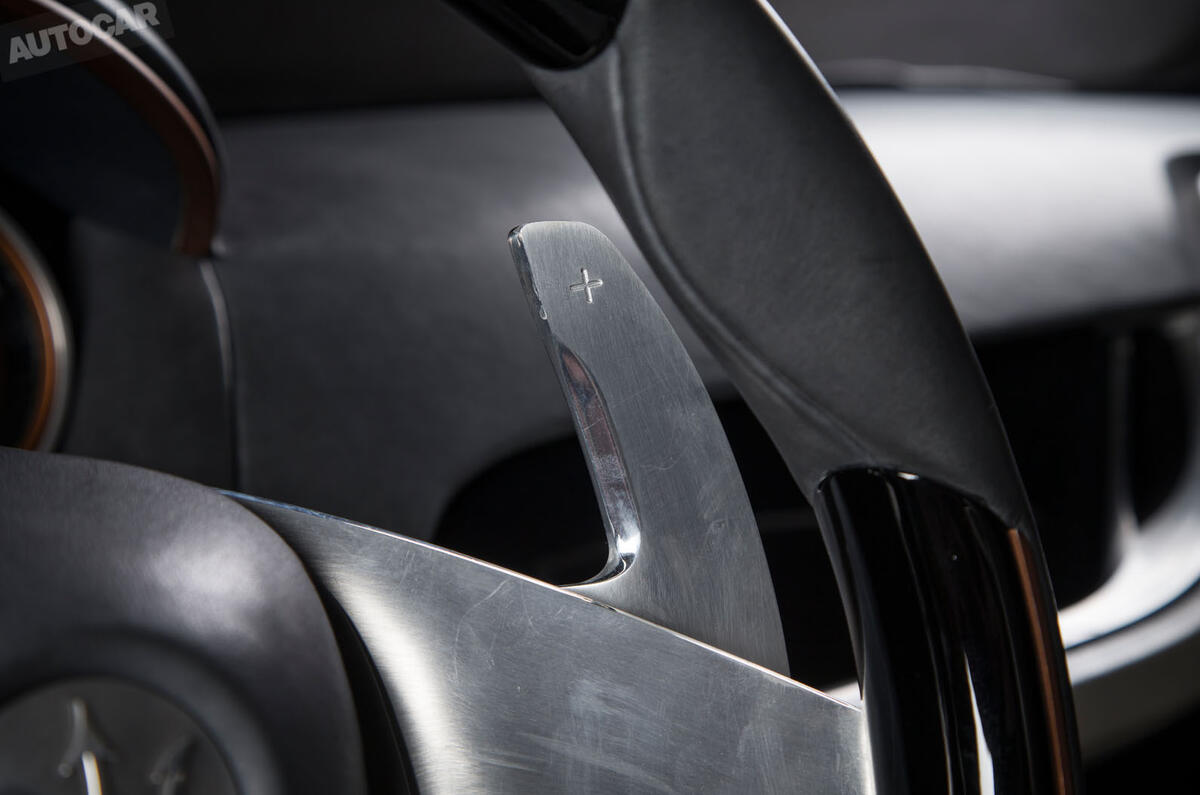
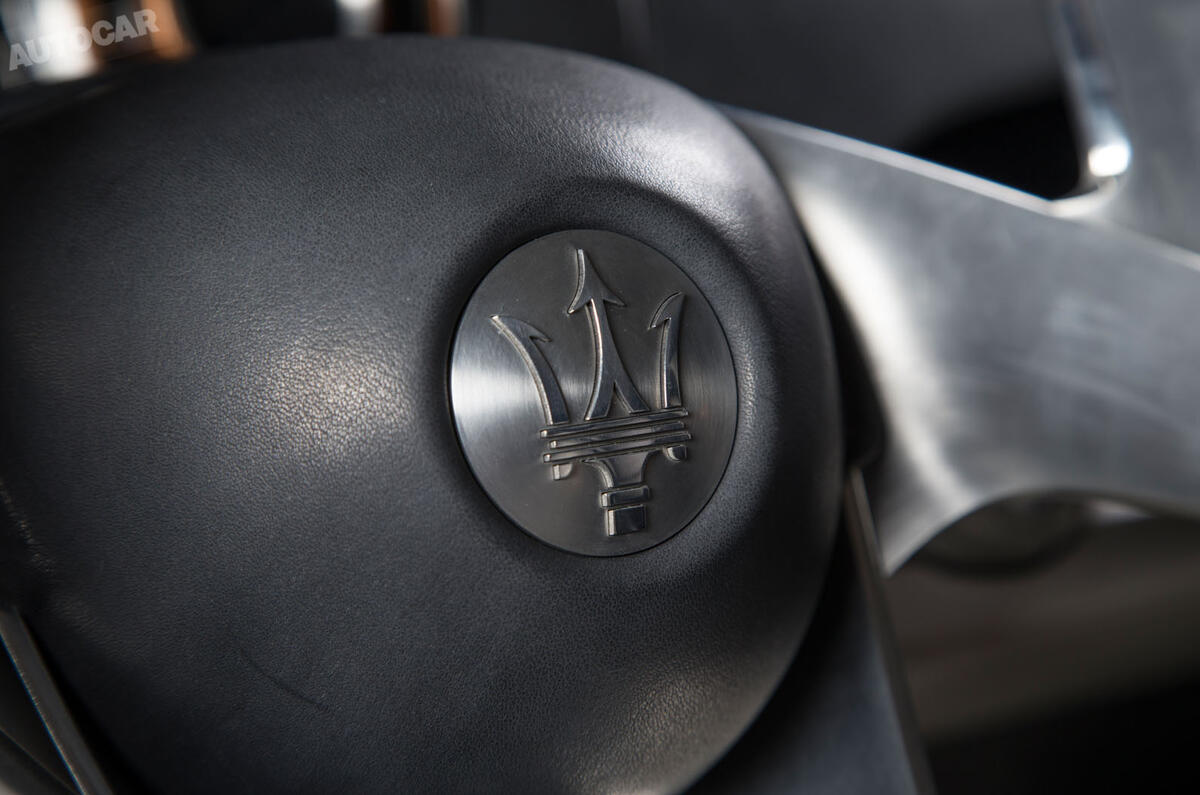
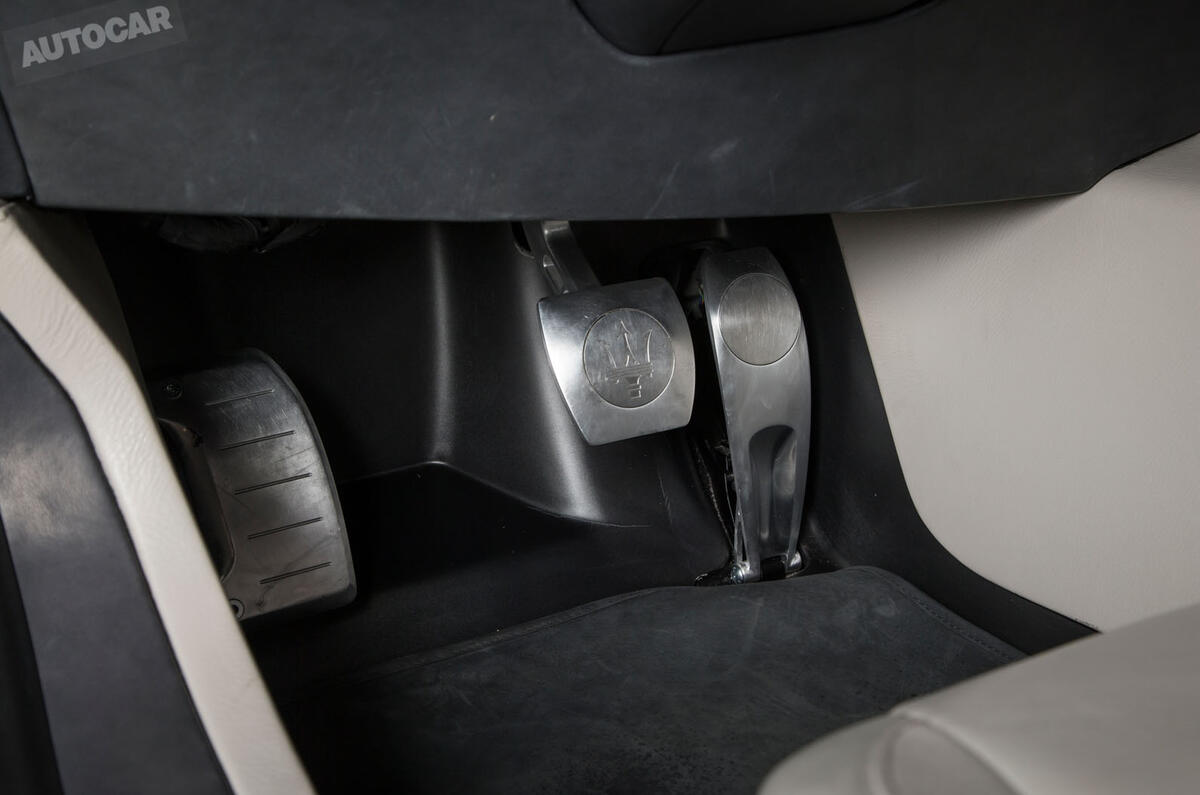
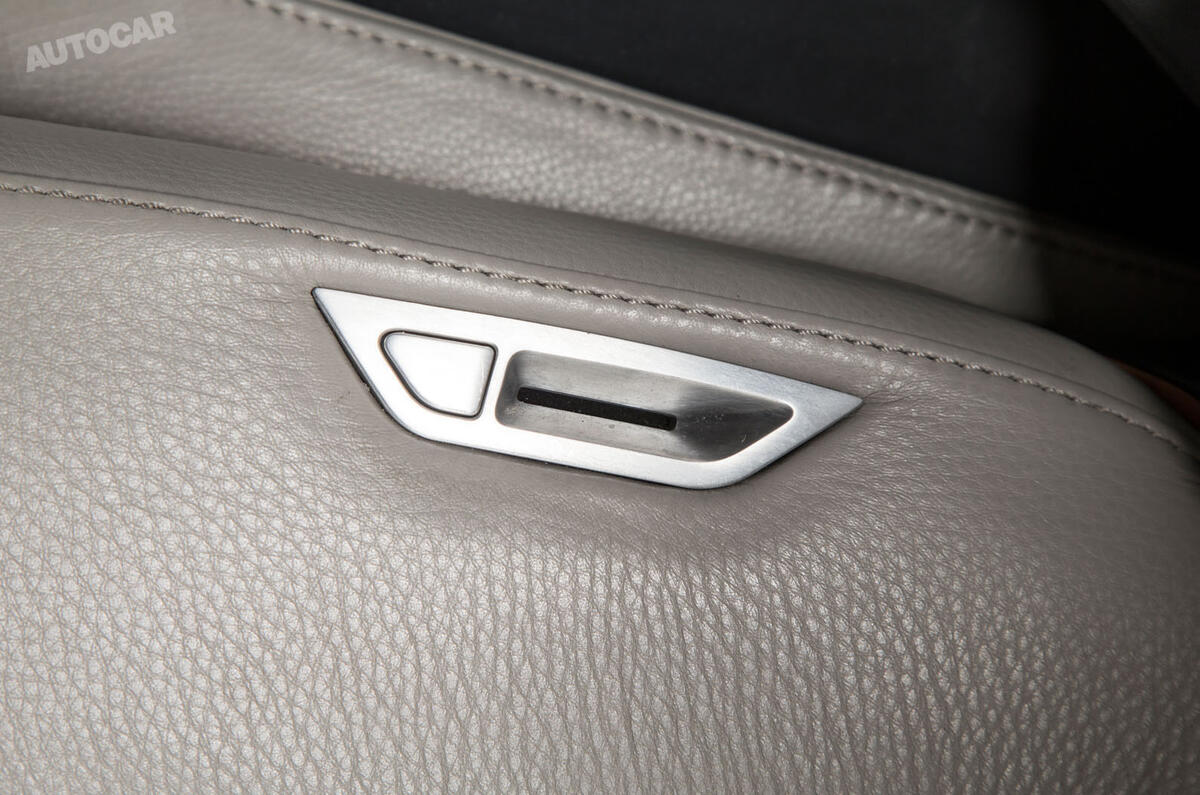
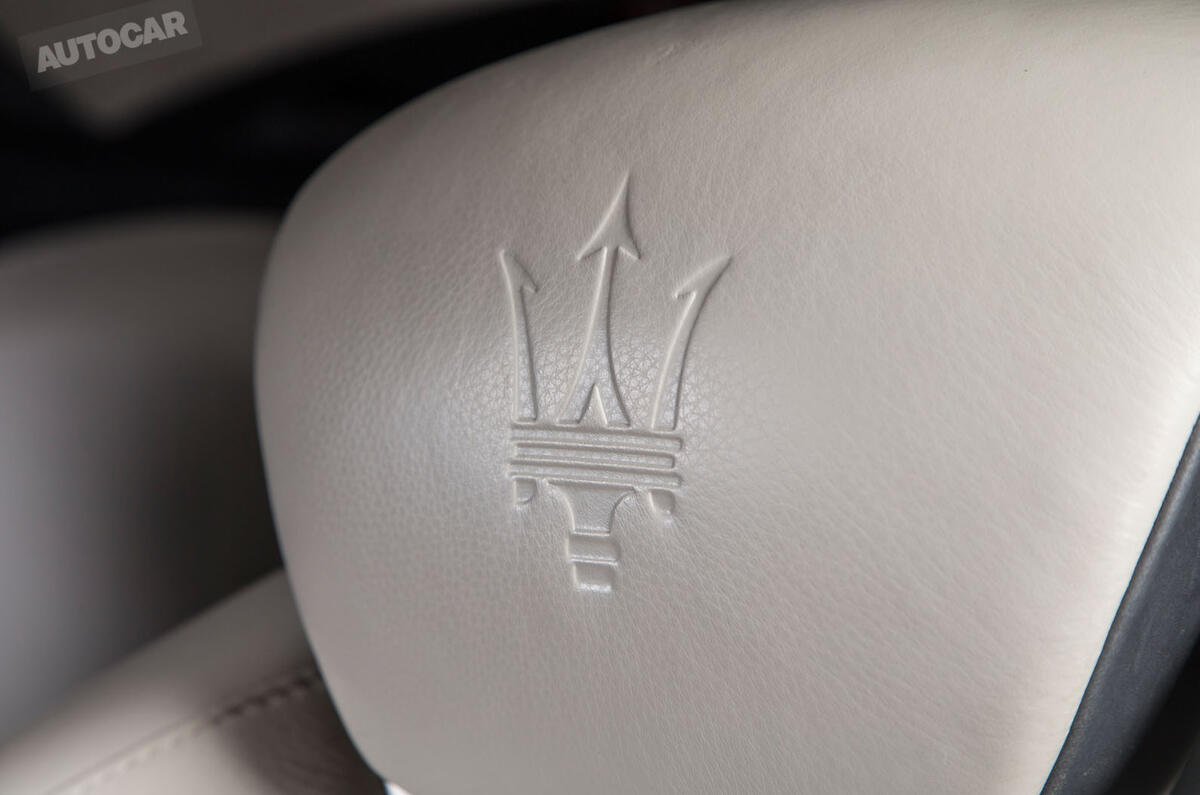
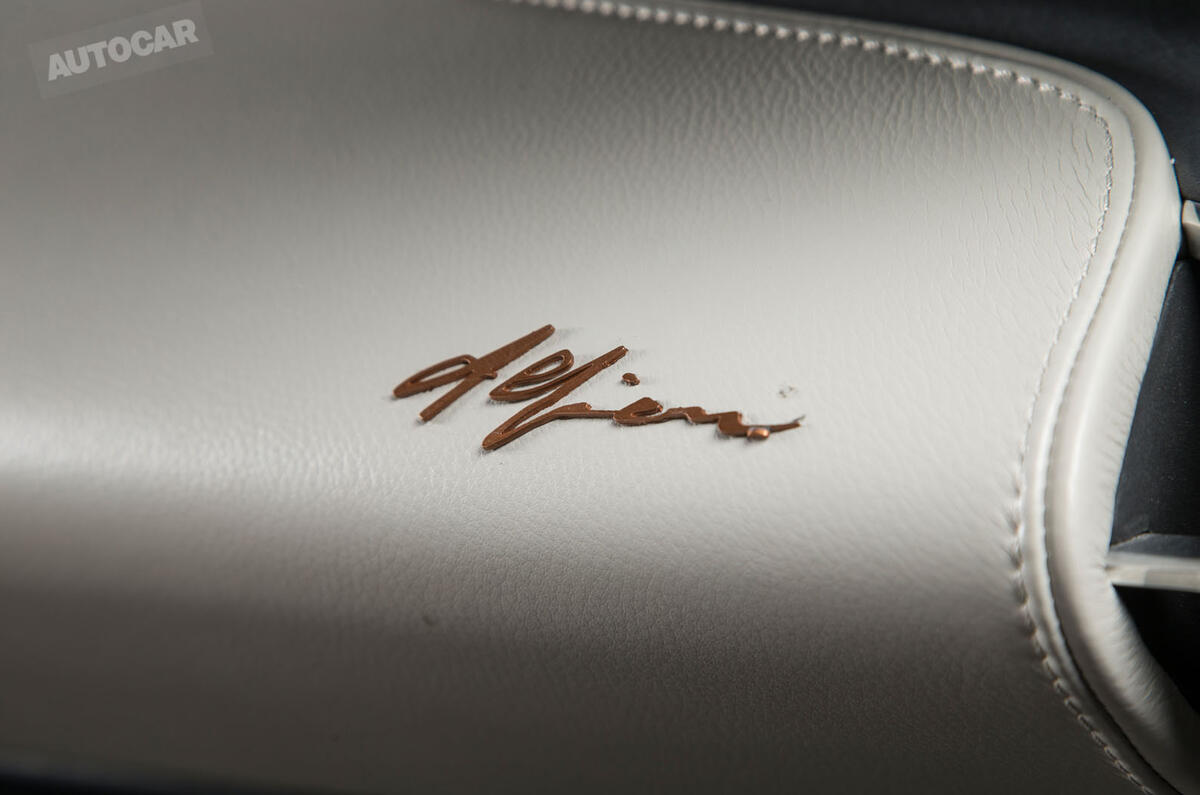
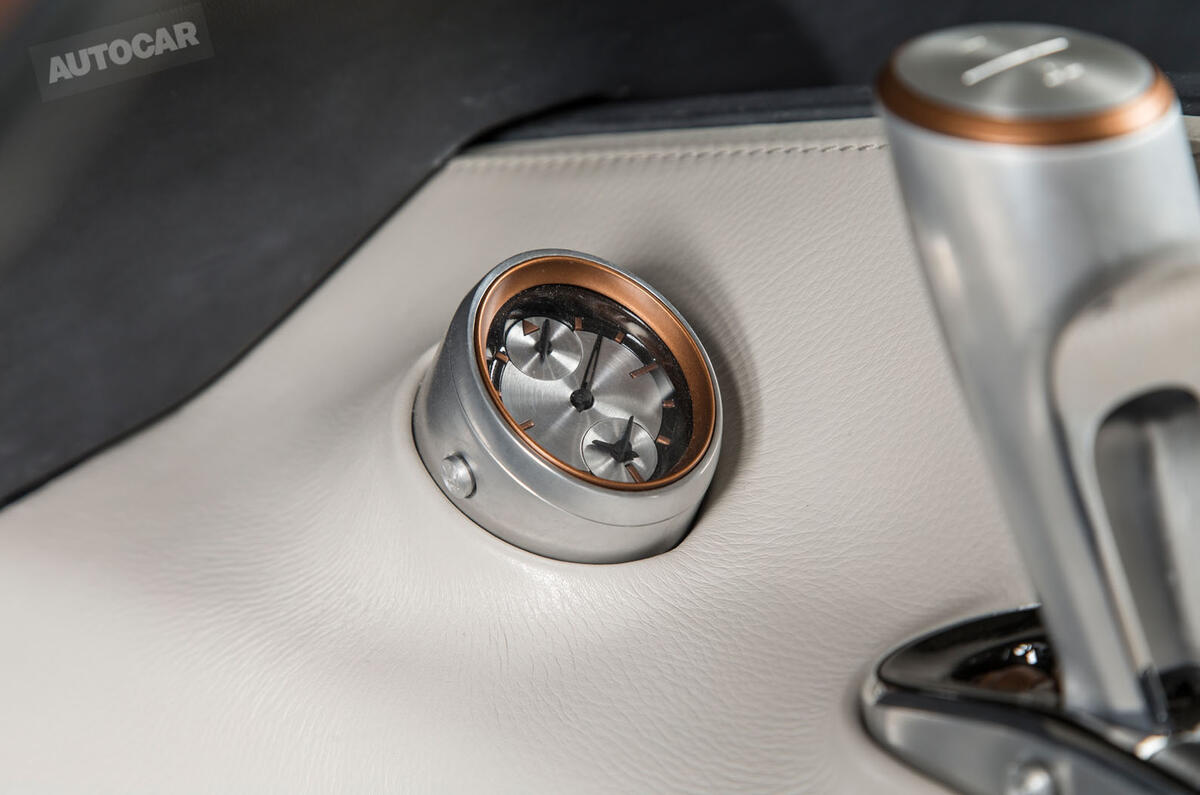
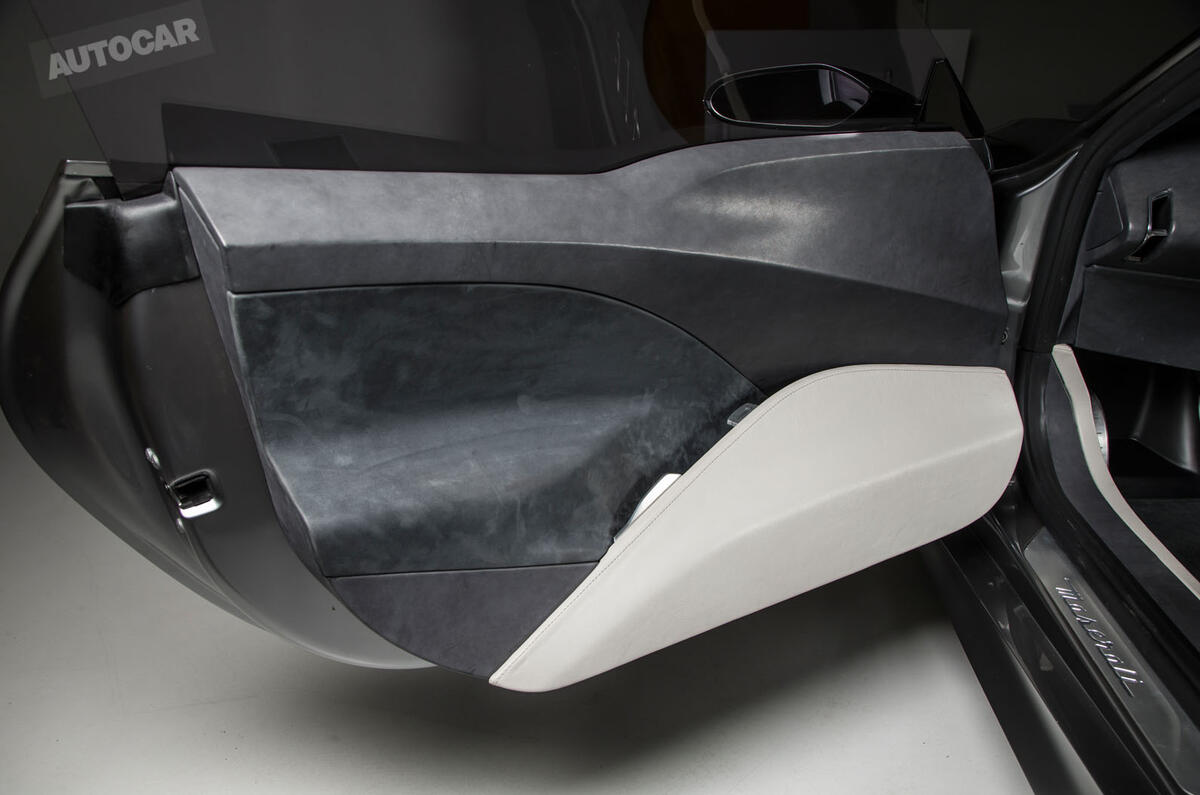
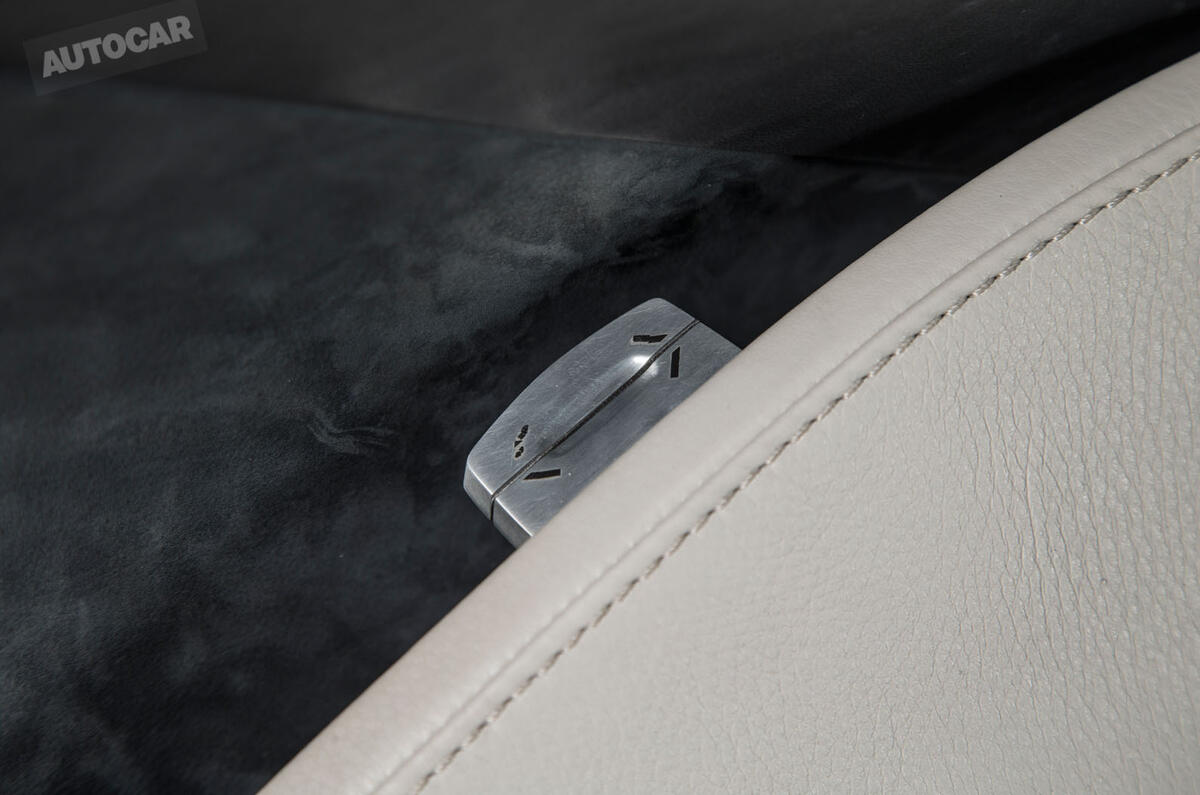
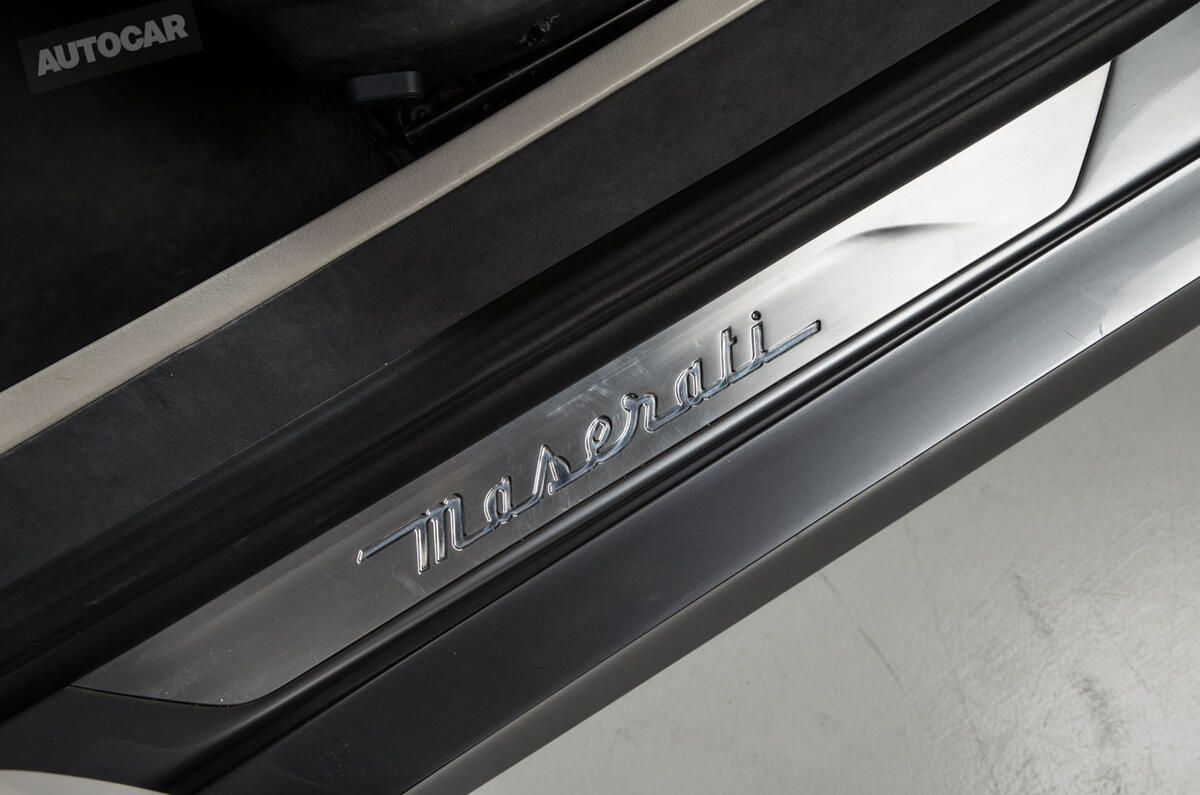
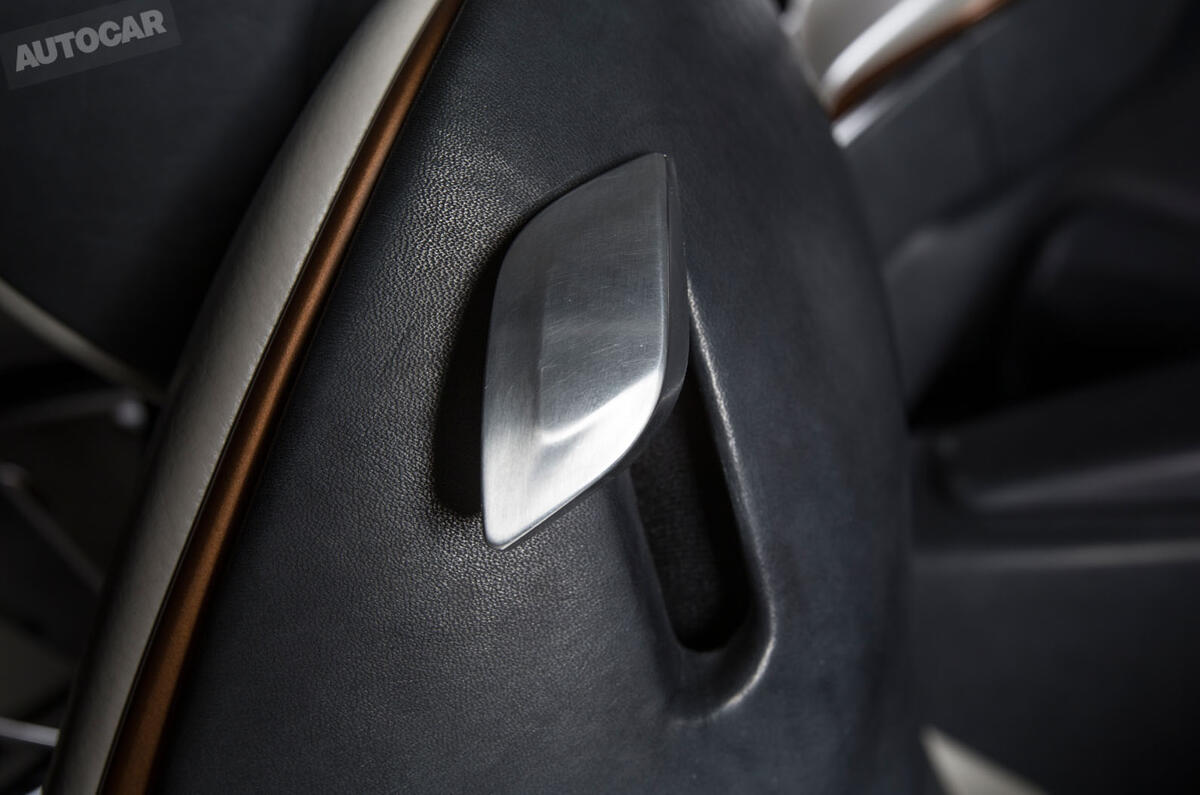
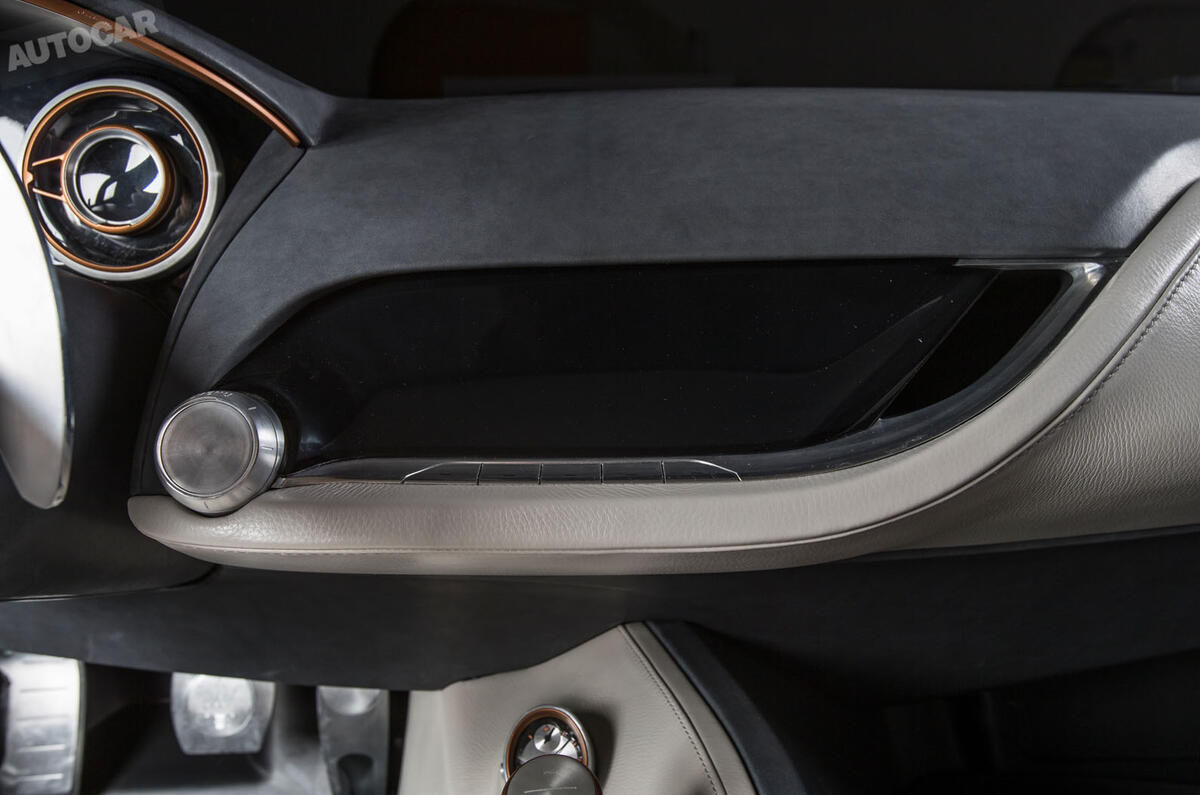
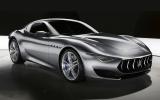
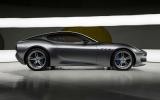

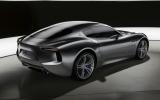
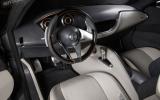
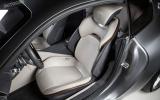
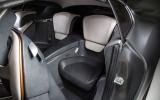
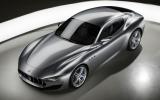
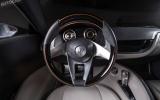
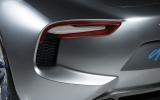
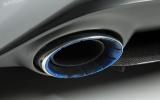
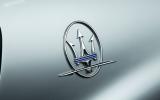
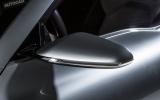

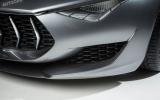
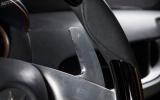
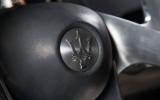
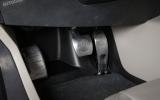
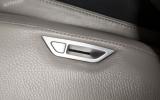


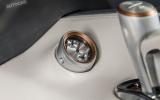
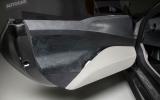

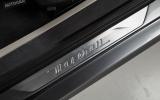
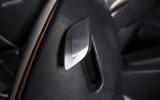
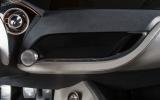






Add your comment
new most beautiful sports car ever
Yes and No
Nice but...
Well, actually, the GR1 does this a lot nicer.
The Maser is utterly ruined by front end...